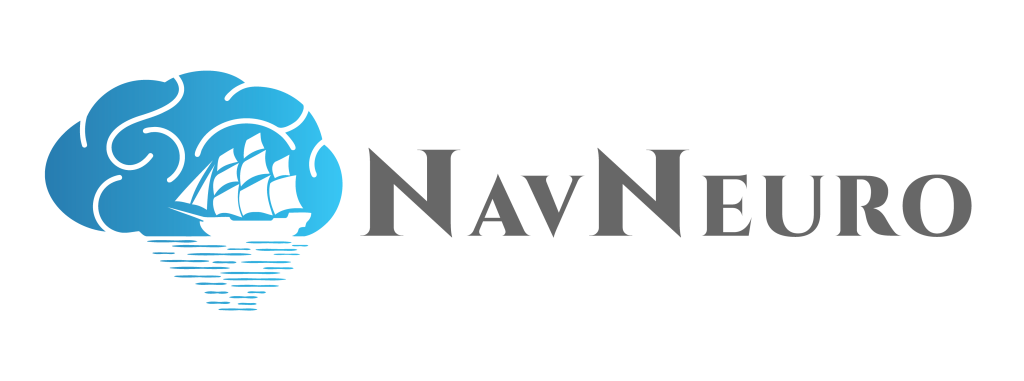Obstructive sleep apnea (OSA) is a disorder of breathing during sleep. It can lead to both sleep fragmentation and hypoxia, it has a negative impact on cardiovascular functioning, and it is associated with various neurobiological, cognitive, and emotional sequelae. OSA is underdiagnosed in the general population, and even following successful diagnosis the most popular treatment (positive airway pressure [PAP] devices) is not always well tolerated, leading to low treatment adherence. Given that OSA impacts the brain and behavior, that it is underdiagnosed, and that successful intervention requires a significant behavior change (e.g., PAP adherence), neuropsychologists have a significant role to play in this public health issue. In the current episode, John and Ryan speak with Dr. Mark Aloia about various aspects of OSA, including an in-depth discussion of cognitive/emotional effects of the condition, as well as motivational interviewing techniques to improve PAP adherence.

